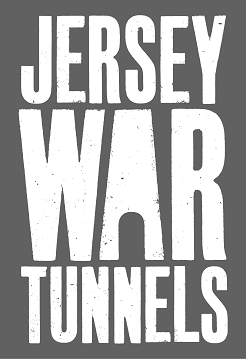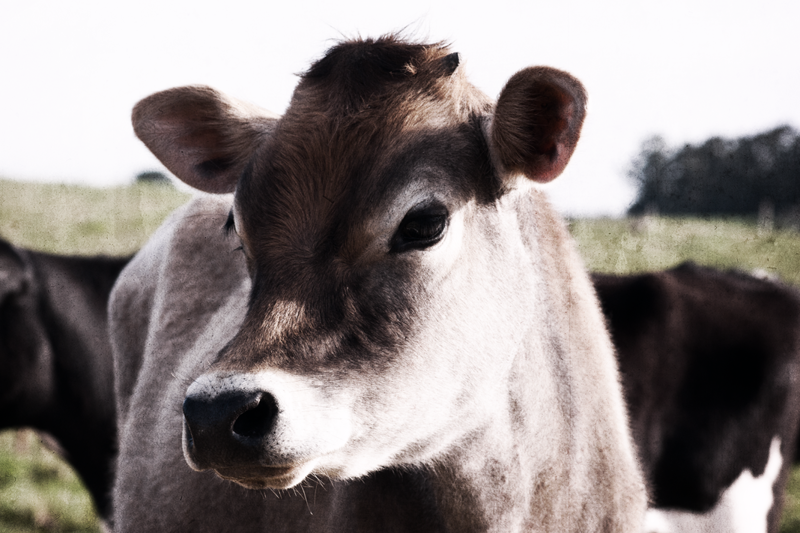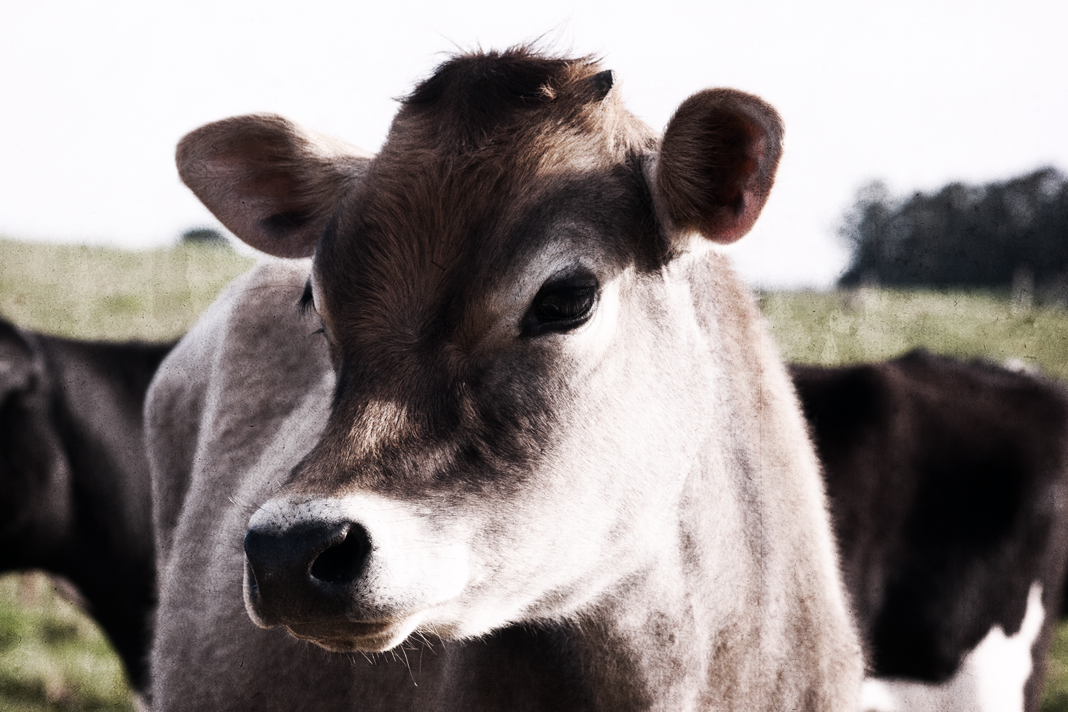Farmer’s sons
Farming life in Jersey continued under the many restrictions imposed by the German regime during WWII.
With the island heavily fortified, including gun emplacements located on farmland, farmers were used to seeing soldiers standing guard, and often knew them by sight.
Hard work
The daily round of tending the land and caring for livestock – and keeping them safe – was hard work. As food shortages worsened, Islanders were undernourished, which made manual work even more challenging. With many young men having left the island to fight in the war, labour was in short supply, and families shared the farm tasks.
Milking time
At the start and end of each day the island's cows had to be milked, by hand. At one farm, the farmer's son fetched the cows from the fields each day and led them back to the stable. One evening a young German soldier appeared and stood quietly in the corner as the farmer and his son got on with the milking, ignoring him. There was no conversation, as neither knew the other’s language, but from the way he said them, the farmer guessed the words the soldier spoke: "Schöne Kühe", which means "Beautiful cows".
Farmer's sons
The soldier called in frequently and a silent acceptance, if not quite a friendship, developed. There was no hostility. Like so many of the conscripts, perhaps he was a reluctant soldier. He was probably a farmer’s son too, missing his home and family, delighting in the sight of a son helping his father, and with the familiar sound and smell of the cattle being milked.
Discover more
Learn more about life in occupied Jersey at the Jersey War Tunnels, with fascinating stories from people who experienced life under German occupation, told first hand or passed down the generations in local families.


